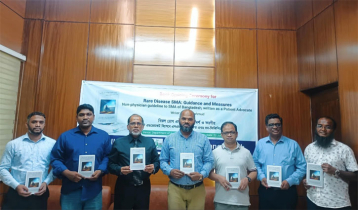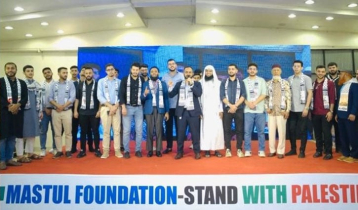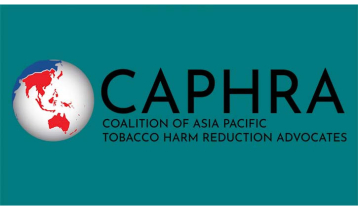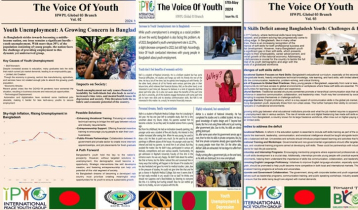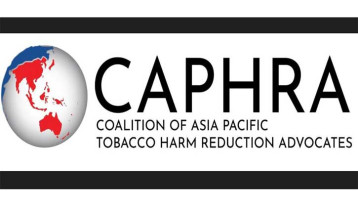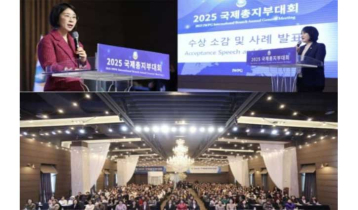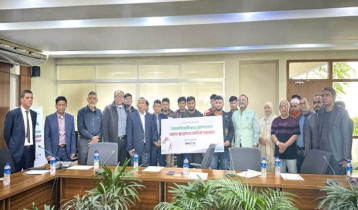Coronavirus in South Korea: A White Paper reveals the truth
8 || risingbd.com
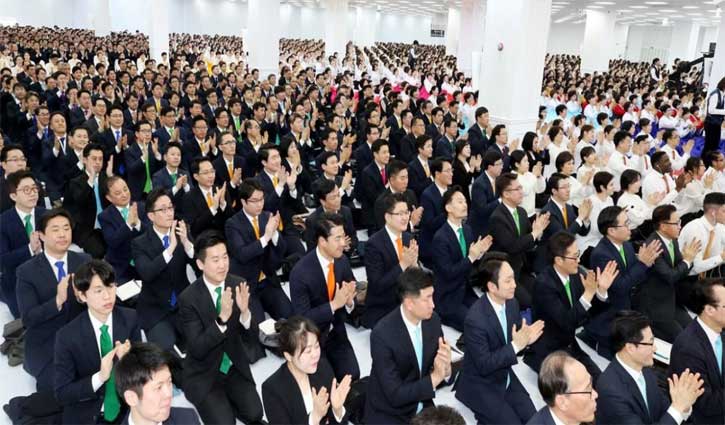
A 30-page White Paper that reviews the management of the COVID-19 crisis by the South Korean authorities has just been published in several languages by a scholar in religious studies, human rights activists, a lawyer and a journalist, all from various European countries.
In February 2020, the media in South Korea were in an uproar about the alleged role played by the Shincheonji Church in the acceleration of the spread of COVID-19.
This White Paper analyses the national and international media reports as well as the political and religious context that has fuelled social panic about this situation. Most of the fake news circulated around South Korea were simply copied and pasted by foreign media without any cross-checking, and so this allegation became the dominant narrative.
The authors of the White Paper de-construct about 20 of these biased and false stories and present the facts. Here are some debunked myths about the Shincheonji Church and COVID-19 in South Korea:
Fiction: Shincheonji is a heretical movement and should be combatted.
Fact: The authors of the White Paper do not take any position on such interreligious conflicts. They do not consider the merits of religions or beliefs or defend them, nor align themselves with any specific religion, theology or worldview. They do not take sides in competitions between various Protestant theologies and other interpretations of the Bible or between the various theologies inside Islam, Buddhism, Hinduism and other religions.
Fiction: Shincheonji has been accused of teaching its members to reject any medical treatment.
Fact: Like millions of other Christians, Shincheonji believes that human beings all experience sickness, suffering and death because of the original sin. Shincheonji teaches that while praying can be useful, it does not replace medical treatment and it is recommended to seek the help of physicians and hospitals. In response to the COVID-19 outbreak, this church’s message to its members has been to follow the instructions of health officials and political authorities.
Fiction: Sitting next to each other on the floor during religious services is unhygienic and more conducive to spreading bacteria and viruses.
Fact: It is not true that Shincheonji’s religious services are uniquely unhygienic because participants sit on the floor rather than on chairs or benches; in fact, this is common in many religions, such as mosques and Buddhist places of worship. Since the official ban on public assemblies and meetings, including religious services, Shincheonji has suspended all of its services.
Fiction: The woman who was identified as Patient 31 in South Korea with COVID-19 is a member of the Shincheonji congregation in Daegu. She has been accused of refusing to be tested twice because of her religious beliefs and, consequently, infecting many others within her church and the general public. She was also alleged to have assaulted a nurse.
Fact: On 7 February 2020, the person in question was admitted to Saeronan Korean Medicine Hospital after a minor car accident. There, she developed a cold that she attributes to an open window at the hospital. She insists that no one mentioned coronavirus as a possible concern to her, nor suggested a test. It was only during the following week, after her symptoms worsened and she was diagnosed with pneumonia, that she was tested for COVID-19. The allegation that when she was quarantined she started screaming and assaulted the nurse in charge in the hospital has been denied by both her and the nurse.
Why is the Shincheonji Church being scapegoated during this public health emergency?
Legislative elections in South Korea are scheduled for 15 April 2020, and so politicians are currently embroiled in a competition for voters. Members of the government and the ruling coalition have found an easy way to thwart opposition candidates who are criticising their mismanagement of the health crisis: they scapegoat an unpopular movement and then use the media to strengthen this position.
Another factor is at play. Many fictious stories and biased news have primarily been created and circulated by fundamentalist Protestant Churches that now use them to call for the banning of Shincheonji. For years, they have been vainly fighting against Shincheonji under a crusade against theological heresies, but in reality, Shincheonji is targeted because it is a fast-growing movement that threatens their membership. Those fundamentalist churches are both conservative and anti-liberal and represent a powerful majority in South Korea on the eve of the legislative elections. They organise rallies and occasionally resort to violence against groups they label as “cults,” LGBTQI people, or Muslim refugees seeking asylum in South Korea. They consider Islam to be a demonic religion that is inherently inclined to terrorism.
On 6 February 2020, the U.S Commission for International Religious Freedom (USCIRF), an independent, bipartisan federal government entity, issued a declaration stating: “USCIRF is concerned by reports that Shincheonji church members have been blamed for the spread of #coronavirus. We urge the South Korean government to condemn scapegoating and to respect religious freedom as it responds to the outbreak.”
The authors of the White Paper second this conclusion and appeal to the South Korean authorities. COVID-19 cannot be an excuse to violate the human rights and religious liberty of hundreds of thousands of believers.
(The Author, Willy Fautré, is the director of Human Rights Without Frontiers.)
Dhaka/Sony
risingbd.com

